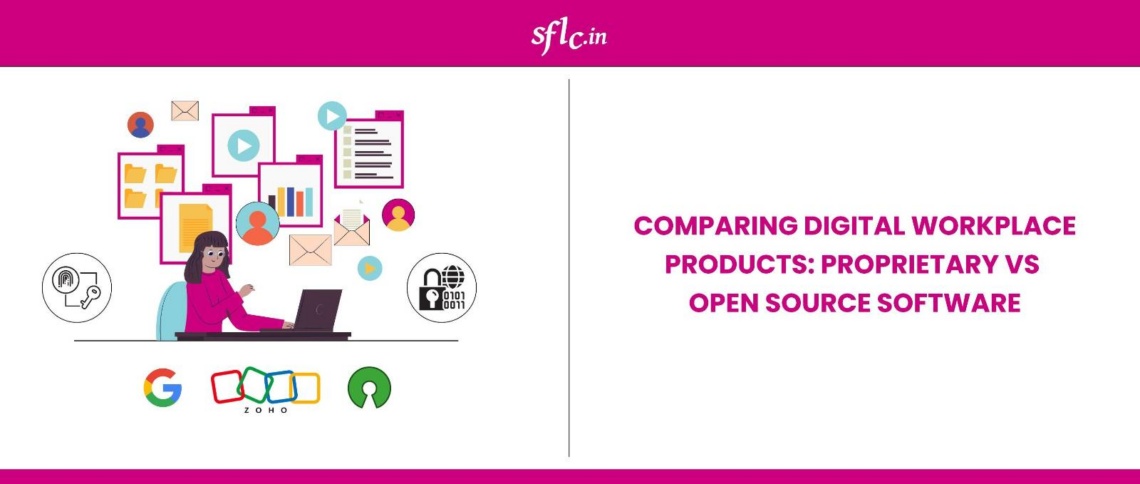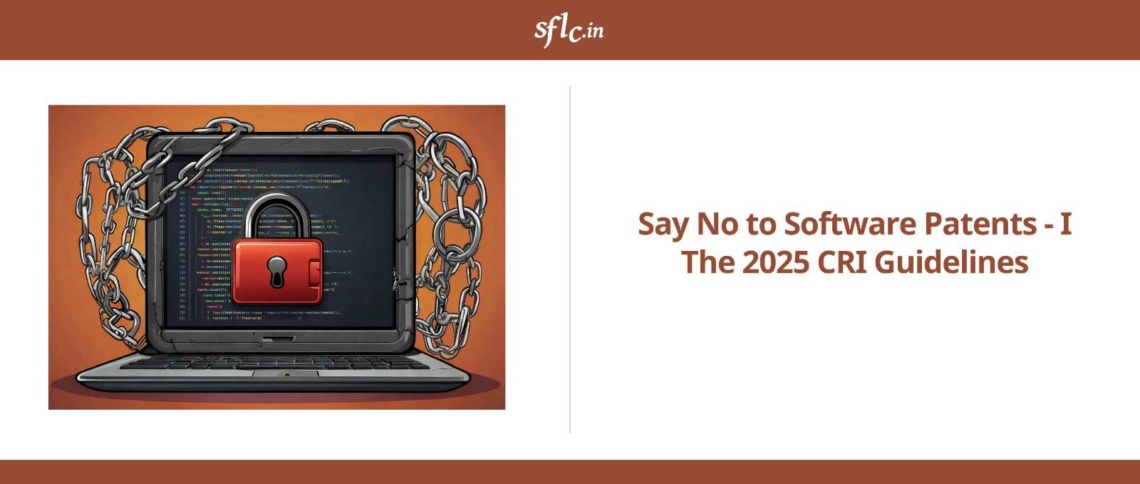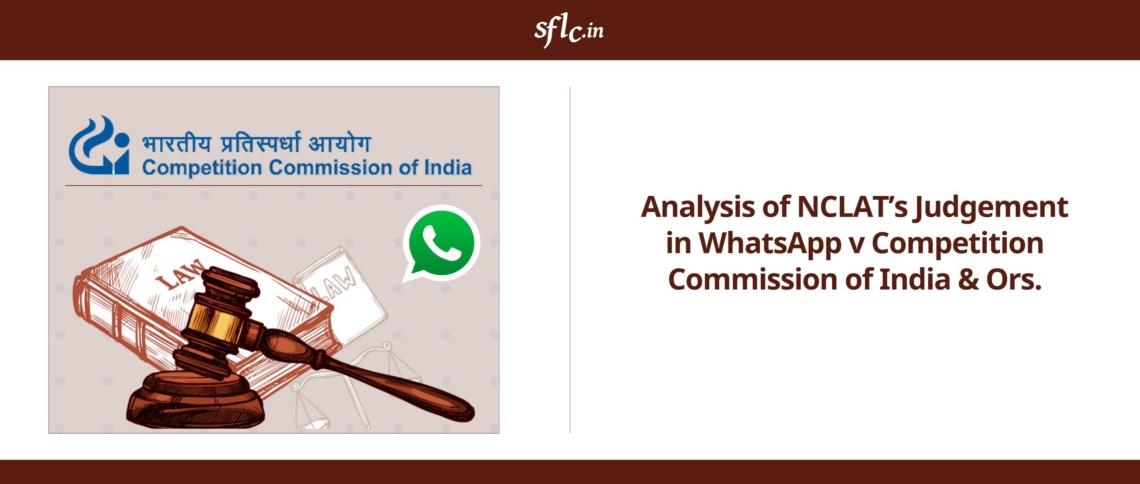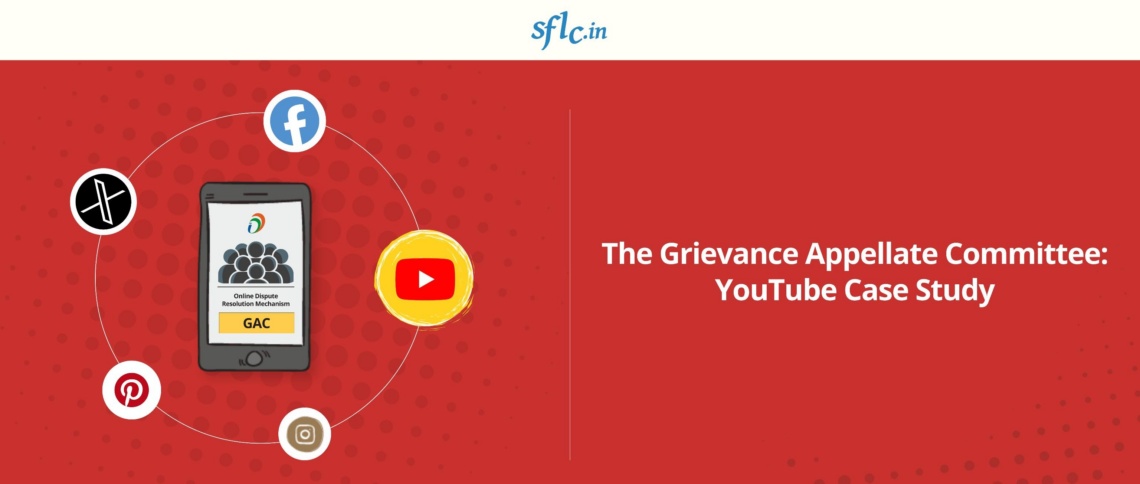Offices are no more confined to physical walls, digital workspaces have changed the ways in the way organisations work. Employees can now communicate, share work progress, manage documents and access documents from anywhere. Digital workspace assists employees in carrying out the day to day function of jobs seamlessly with the help of technology transcending barriers of physical presence and infrastructure.
With the growth of digital workspaces, organizations have a variety of options ranging from proprietary suites like Google Workspace and Zoho Workplace to open-source solutions such as Nextcloud Office, ProtonMail, and BigBlueButton to choose from. The purpose of this comparison is to assess the different approaches, features, and trade-offs each solution presents and to help organizations make informed decisions based on their operational requirements, technical capabilities, and priorities around privacy, flexibility, and cost.
TABULAR ANALYSIS OF PRODUCTS IN SUITES
| Features | GOOGLE WORKSPACE | ZOHO WORKPLACE |
Nexcloud Office/ ProtonMail / Big Blue Button |
Analysis |
|---|---|---|---|---|
| Products |
|
|
|
Google Workspace and
Zoho Workplace are proprietary, cloud-based
platforms that offer a comprehensive range of applications for
email, document creation, cloud storage, and team collaboration,
all within an integrated ecosystem. Nextcloud Office, ProtonMail, and BigBlueButton are open-source solutions which provide digital workspace and functions like storage, document editing, secure communication, and video conferencing that requires self hosting and gives organisations the flexibility to tailor the software to its specific needs and priorities. |
| Service Model | Proprietary cloud-based | Proprietary cloud-based | Open-source platforms |
Proprietary software is owned by an individual or company, and its
source code is kept confidential. Users can use the software only
under specific terms, often by purchasing a license, but they
cannot change or redistribute it. Proprietary solutions such as
Google and Zoho give convenience and support but reduce control
and create dependency on the vendor.
Open source software is software whose source code is freely available for anyone to view, use, modify, and share.It’s built on the idea of collaboration and transparency, allowing developers around the world to improve and adapt it according to their needs. Open-source solutions like Nextcloud Office and BigBlueButton provide full control and flexibility, allowing organizations to manage their own data and customize features, but this autonomy comes with the responsibility of maintaining and securing the infrastructure. |
| Data Sovereignty / Data Storage | Data stored on Google’s global servers (USA, Europe, Asia, etc.) | Data stored on Zoho’s data centers, depends on the country of the user. For example, data from Indian users is likely to be stored in the Indian data center. | Organizations can decide where data is stored, how it’s backed up, and who can access it. Data stays in the servers of the organisation. | With Google Workspace or Zoho Workplace, your data may be stored across multiple countries in the provider’s data centers, giving limited control over its physical location. In contrast, a self-hosted open-source platform like Nextcloud or BigBlueButton allows an organization to choose exactly where its data is stored, providing full control over storage location, backups, and compliance with local data sovereignty requirements. |
| End-to-End Encryption (E2EE) |
Google does not offer End-to-End Encryption by default.
|
Zoho does not offer End-to-End Encryption by default.
|
Many open source platforms offer E2EE built-in.
|
Google/Zoho encrypt in transit and at rest, but the service
provider holds the keys, so they technically can access your
content.
Open source platforms like Nextcloud, ProtonMail and BBB offer E2EE built-in. When bundled with self-hosting, there is further protection as only your organisation can access that data, and you control the server. |
| Service Provider Data Access | Yes. In theory, Google employees and systems can access your entire data. | Yes. In theory, Zoho employees and systems can access your entire data. |
No. If the service is self-hosted then the software provider has
no access to your data.
ProtonMail and Thunderbird do not offer self-hosting, but they collect limited data. Proton has access to certain email metadata, but does not have access to email content that has been encrypted. Thunderbird has access to technical data to configure and set up your account, but all other data is stored locally on-device and not accessible to them. |
On Google or Zoho, the provider has systemic access to metadata,
notes, attachments, support logs, etc. This presents a potential
risk as under various laws, companies can be compelled to hand
over data without notification.
Open-source solutions, especially when self-hosted, eliminate third-party access. Organizations control both data and encryption keys, ensuring that no external entity can view or modify stored or transmitted information. |
| Jurisdiction & Legal Requests | Google is subject to US laws that allow government agencies broad access to user data. The CLOUD Act permits US authorities to demand data from Google regardless of where it is stored. The Foreign Intelligence Surveillance Act (FISA) authorizes secret surveillance court orders, and National Security Letters can require Google to hand over data while prohibiting the company from informing users. | Zoho is headquartered in India, which means it is primarily subject to Indian laws. However, Zoho operates data centers in multiple countries, such as the United States, Europe, and India. This means that the data of a user could fall under the jurisdiction of more than one legal system depending on where it is physically stored and the location of the user. | With self-hosted solutions, the data remains in the home country of your hosting server. This means that only local courts in your jurisdiction can have access to the data following the legal procedures for obtaining such access. |
Under the CLOUD Act, US regulators can force Google to provide
data, regardless of the data’s physical location. This happens
without your knowledge or ability to challenge it. Zoho may have
to comply with multiple countries and their laws.
When self-hosted, it means only local legal authorities can request data, following local legal procedures, with proper court orders that you can challenge. |
| Air-Gap & Secure Network Compatibility |
Google’s products are entirely cloud-based and require an active
internet connection to function. They rely on Google’s online
infrastructure. As a result, these services cannot operate in air-gapped or isolated network environments where internet access is restricted or unavailable. . |
Zoho’s services are fully cloud-based and depend on continuous internet connectivity to operate. All communication, authentication, and data storage occur through Zoho’s remote servers. Consequently, these products cannot function in offline or air-gapped environments, making them unsuitable for organizations. | Self-hosted solutions like BigBlueButton are fully compatible with air-gapped and isolated networks. They can be deployed on a completely offline intranet or within classified, high-security facilities without any internet connectivity. Some of the products we have suggested do not have any internet dependencies. |
Air-Gap is a security measure where sensitive networks are
physically disconnected from the internet.
Cloud-based services need the internet to function, so they cannot work on air-gapped networks. Self-hosted products are compatible with air-gaps, which is perfect for handling sensitive information. For example, BBB has been used for military training in the US. |
| Data Collection & Advertisement Stance | Google’s consumer services rely on a data-driven business model where extensive user behavior is collected and analysed. While Workspace provides more control over data compared to free consumer apps, Google still uses behavioral data to enhance Al models and optimize its broader advertising ecosystem. This data can indirectly contribute to ad targeting. | Zoho advertises itself as a privacy-focused company that does not rely on any third-party trackers and operates without an advertising-based revenue model. | Self-hosted software provides privacy by design, giving you full control over your data and how it is stored, accessed, and processed on your server. | Google collects extensive metadata and use it for analytics across its platforms to enhance services, the workspace is adfree-. Zoho maintains a strong privacy stance with no ad based revenue model. Open source platforms collect minimal data and don’t have advertising models. |




